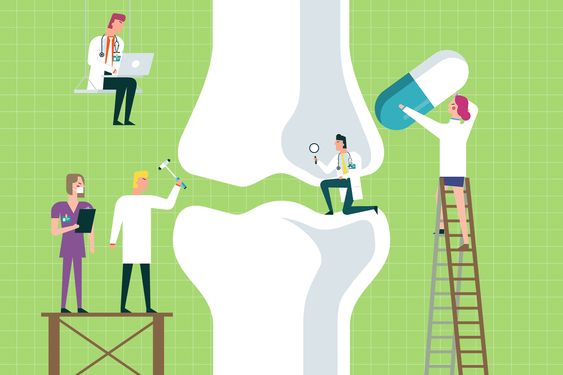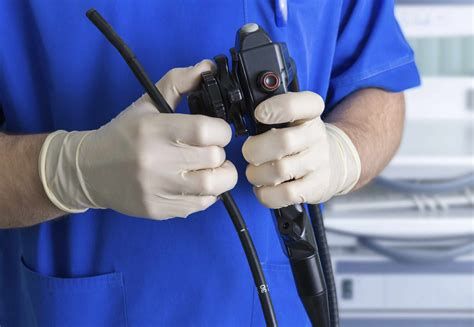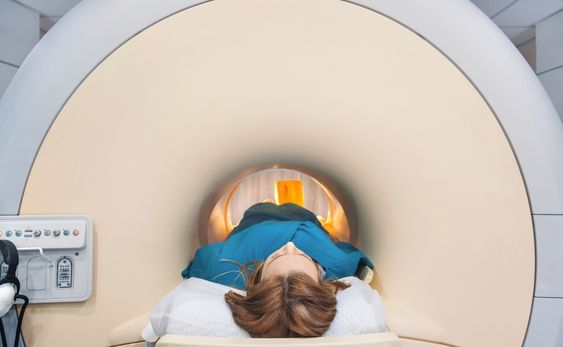Introduction
Osteoporosis, often dubbed the "silent disease," is a condition that weakens bones, making them fragile and susceptible to fractures. The scary part? It often progresses without noticeable symptoms until a bone breaks. That's why early detection is crucial, and that's where bone density tests come into play.

A bone density test, also known as a DEXA scan, is a simple, non-invasive procedure that measures the density of your bones. It uses low-dose X-rays to determine the amount of calcium and other minerals present in a segment of bone. This information helps your doctor assess your bone health and determine your risk of fractures.
Why Bone Density Tests Matter
Bone density tests are essential for various reasons:
- Early Detection of Osteoporosis: Before you experience any symptoms, a bone density test can reveal low bone mass, indicating your risk for osteoporosis.
- Assessing Fracture Risk: By determining your bone density, the test helps predict your likelihood of suffering a fracture.
- Monitoring Treatment Effectiveness: If you're undergoing treatment for osteoporosis, regular bone density tests track the effectiveness of the treatment and allow for necessary adjustments.
- Making Informed Decisions about Your Health: The results of a bone density test empower you and your doctor to make informed decisions regarding your bone health, including lifestyle changes and preventive measures.
Who Should Consider a Bone Density Test?
While anyone can benefit from understanding their bone health, certain groups are particularly encouraged to get a bone density test:
- Women over 65: Women experience a rapid decline in bone density after menopause, making them more vulnerable to osteoporosis.
- Men over 70: While men experience bone loss at a slower rate than women, they are still at risk, especially as they age.
- Individuals with Risk Factors: Factors like family history of osteoporosis, low body weight, smoking, certain medications, and medical conditions can increase your risk.
Understanding Your Results
Your doctor will explain your bone density test results, usually expressed as a T-score. This score compares your bone density to that of a healthy young adult. A lower T-score indicates lower bone density and a higher risk of fractures. Based on your results and overall health profile, your doctor will recommend appropriate steps, which may include lifestyle modifications, calcium and vitamin D supplements, or medications.





